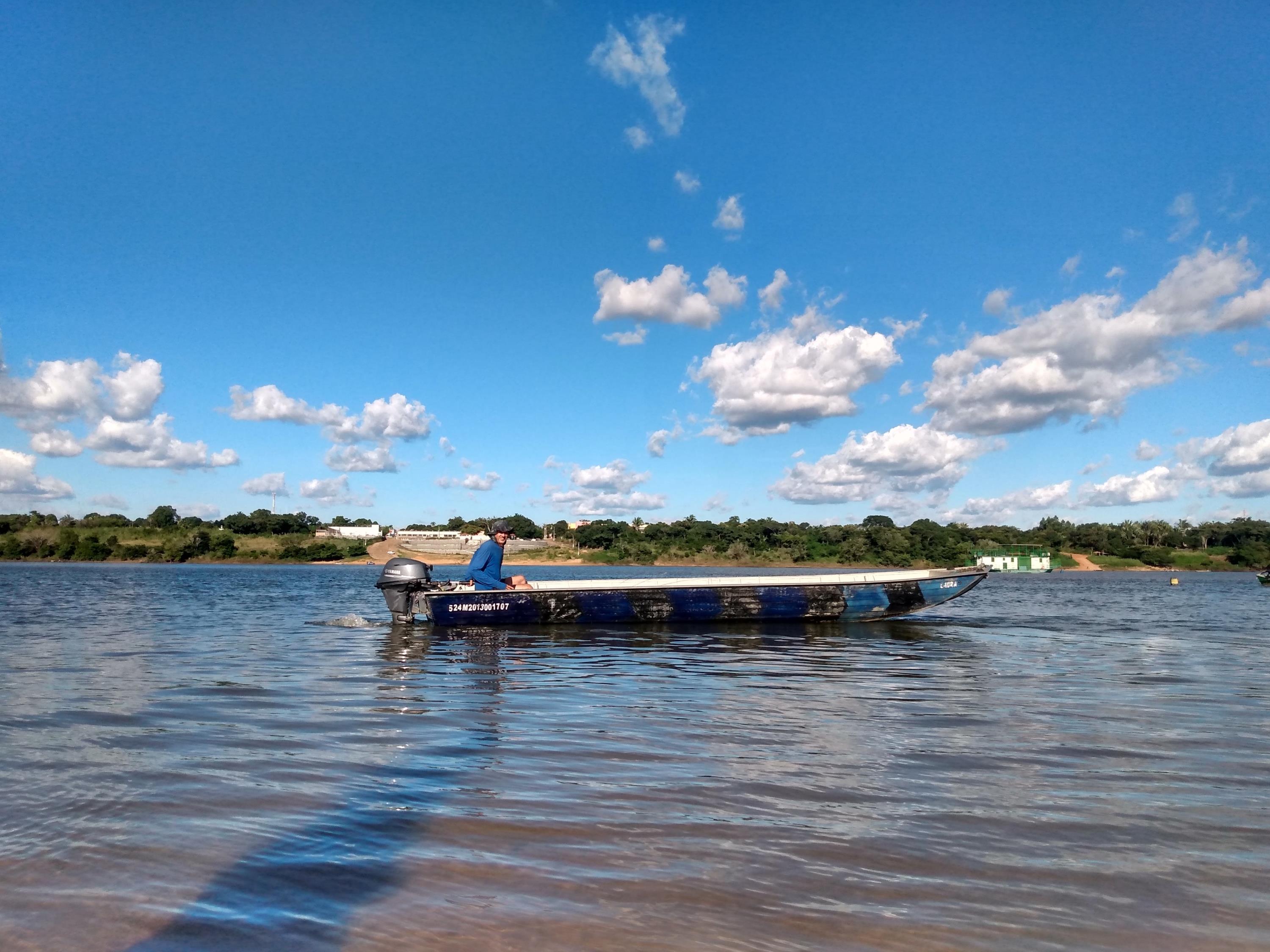
5 Common Boating Fails to Avoid
- Failing to check the marine weather forecast
- Running aground
- Forgetting to keep up with regular maintenance
- Hitting the dock
- Running out of gas
1. Failing to Check the Marine Weather Forecast
Tuning in to marine weather prior to each and every trip is a must, unless you want to be surprised by gusty winds, rough seas, and sudden storms. And remember, this means marine weather, not those regular land-based forecasts which regularly post lower wind speeds and no sea condition
2. Running Aground
Running aground is a lot more common than you might think, and can have varying degrees of severity depending on where you do your boating. On a soft mud or sand bottom it’s usually no big deal, but in a rocky harbor, hitting bottom can do some serious damage.
The BEST solution? Always be aware of where you are and what the local underwater hazards may be. And when in doubt, slowing down is a good idea
3. Forgetting to Keep Up with Regular Maintenance
Making this mistake can have very serious consequences, especially when it comes to your boat’s propulsion systems. Consult your boat's maintenance schedule regularly.
4. Hitting the Dock
There’s an old saying among boaters, and it has a lot of value when it comes to making this mistake: never approach a dock faster than you’re willing to hit it. Even when you’re doing everything right, a sudden power loss or mechanical problem can strike. The net result? Boat, meet dock. Dock, meet boat. Crunch!
5. Running Out of Gas
As you might guess, this is one of the most common mistakes people make. Remember that fuel consumption and your boat’s range can be changed by factors like sea conditions and load. Making matters worse, fuel gauge readings can change as fuel sloshes in the tank, and the fuel gauges on boats are often not as reliable as those found in automobiles in the first place.
As a result, smart boaters will stick with the following formula: use one third fuel capacity going out, use one third coming back, and save one third in reserve.